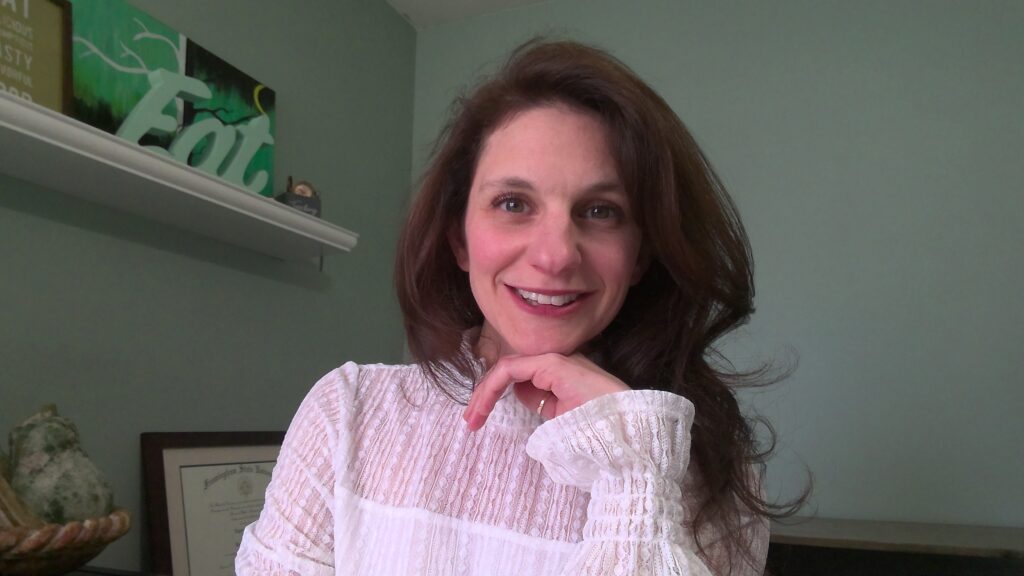Intermittent Fasting: Decoding the Benefits, Myths, and Best Practices
-
Alyssa A. Pittman, RDN

Intermittent fasting has gained significant attention in recent years as a dietary approach that not only aids in weight management but also offers potential health benefits. As the popularity of intermittent fasting continues to grow, it’s crucial to explore this eating pattern from my perspective. In this article, I’ll delve into what intermittent fasting is, how it works, and what my view on its benefits and potential drawbacks is.
Understanding Intermittent Fasting
Intermittent fasting (IF) is not a diet in the traditional sense but rather an eating pattern that alternates between periods of fasting and eating. There are several popular methods of intermittent fasting, including the 16/8 method (16 hours of fasting followed by an 8-hour eating window), the 5:2 method (eating normally for five days and severely restricting calorie intake for two non-consecutive days), and the eat-stop-eat method (periodic 24-hour fasts). The goal of IF is to optimize the body's metabolic processes and potentially improve health outcomes.
My Take on Intermittent Fasting
Weight Management
From my standpoint, intermittent fasting can be a viable option for some individuals seeking to manage their weight. By restricting the eating window, IF may naturally lead to a reduction in calorie intake, which can result in weight loss if sustained over time. However, it's crucial to remember that weight management is a complex interplay of various factors, including individual metabolism, activity level, and overall dietary choices.
Health Benefits
Some studies suggest that intermittent fasting may offer certain health benefits, such as improved insulin sensitivity, reduced inflammation, and better blood lipid profiles. I acknowledge these potential advantages but stress the importance of a balanced diet during eating windows to maximize these benefits.
Individual Suitability
Intermittent fasting is not suitable for everyone. In my view, individual needs and preferences play a significant role in determining whether IF is a suitable approach. It may not be appropriate for individuals with certain medical conditions, pregnant or breastfeeding women, or those with a history of eating disorders.
Nutrient Intake
A key concern for me is the potential for nutrient deficiencies during intermittent fasting. Shorter eating windows may limit the opportunity to consume a wide variety of nutrients within the day. I advise individuals to focus on nutrient-dense foods during their eating periods and consider supplementation if necessary.
Sustainability
Sustainability is a critical factor in any dietary approach. While some people may find intermittent fasting sustainable in the long term, others may struggle with the rigid eating windows. I encourage individuals to choose an eating pattern that they can maintain over time and align with their lifestyle.
Intermittent fasting is a dietary strategy that holds promise for certain individuals, particularly when it comes to weight management and potential health benefits. However, like any dietary approach, it is not a one-size-fits-all solution. My view on intermittent fasting underscores the importance of individualization, nutrient intake, and overall dietary quality.
Before embarking on an intermittent fasting regimen or any major dietary change, it’s advisable to consult with a healthcare professional or registered dietitian. They can provide personalized guidance, assess your unique needs, and help you make informed decisions about whether intermittent fasting is right for you. Ultimately, the key to a successful and healthy dietary approach is finding what works best for your body and your lifestyle.

Hello! I’m Alyssa Pittman, a 35-year-old Registered Dietitian based in Shrewsbury, MA. I still remember the day I passed the RD exam – it remains one of the best days of my life! All my hard work, dedication, and countless hours poured into studying and understanding the intricate world of nutrition had finally paid off. More than the personal achievement, I was ecstatic about channeling my passion for food and nutrition to aid others. Whether it’s assisting those grappling with weight issues, helping manage diseases through diet, or guiding those with disordered eating patterns, my commitment to making a positive difference has been my driving force.
My intrigue with nutrition took root during my junior year in high school. A vivid memory that stands out is when I eagerly educated my classmates about which granola bar was the healthiest option. 😊 Fast forward a bit, and as I delved deeper into my first nutrition class at Framingham State University, I was taken aback. I had stepped into a universe that was much broader and profound than just granola bars and apples. It dawned on me that nutrition was a profound science, influencing not just our physical wellbeing but also our mental health.
Beyond the professional realm, I treasure the time I spend with my beloved husband and our two spirited young boys in our Shrewsbury home. Our evenings often oscillate between cozy family movie nights and playful sports sessions in the backyard. It’s these moments of laughter and bonding that add true richness to my life.
Now, let me take you through my professional journey, where my passion for nutrition came to life in various impactful roles:
Harvard Street Neighborhood Health Center - Director of Nutrition
At Harvard Street, I faced the exhilarating challenge of creating a nutrition department from scratch. Collaborating with dedicated doctors and nurses, I provided specialized nutrition counseling for patients of all ages and backgrounds. In addition, I championed community nutrition, overseeing a food pantry to ensure both availability and education about nutritious food choices.
Blackstone Health Inc. - Nutrition Director
In this role, I was responsible for ensuring that seniors across 13 centers in Rhode Island had access to nutritious meals that met state and USDA guidelines. Beyond the menus, I organized weight loss groups, offered individual counseling, and took to the stage to educate seniors on topics close to their heart – quite literally – such as heart health, diabetes, and more.
College of the Holy Cross - Assistant Director of Nutrition
Here, I worked with the vibrant college community, offering nutrition counseling on various topics like sports nutrition, food allergies, and eating disorders. One of my proud achievements was leading the Food Allergy and Special Diet Program, ensuring that students with dietary needs felt safe and catered for. I also took on the academic hat, presenting to classes about the foundational and specialized aspects of nutrition.
Throughout these roles, one thing has remained constant: my passion for helping individuals foster a healthier relationship with food. By understanding, respecting, and working with our unique dietary needs and preferences, I believe we can all lead healthier, happier lives.
